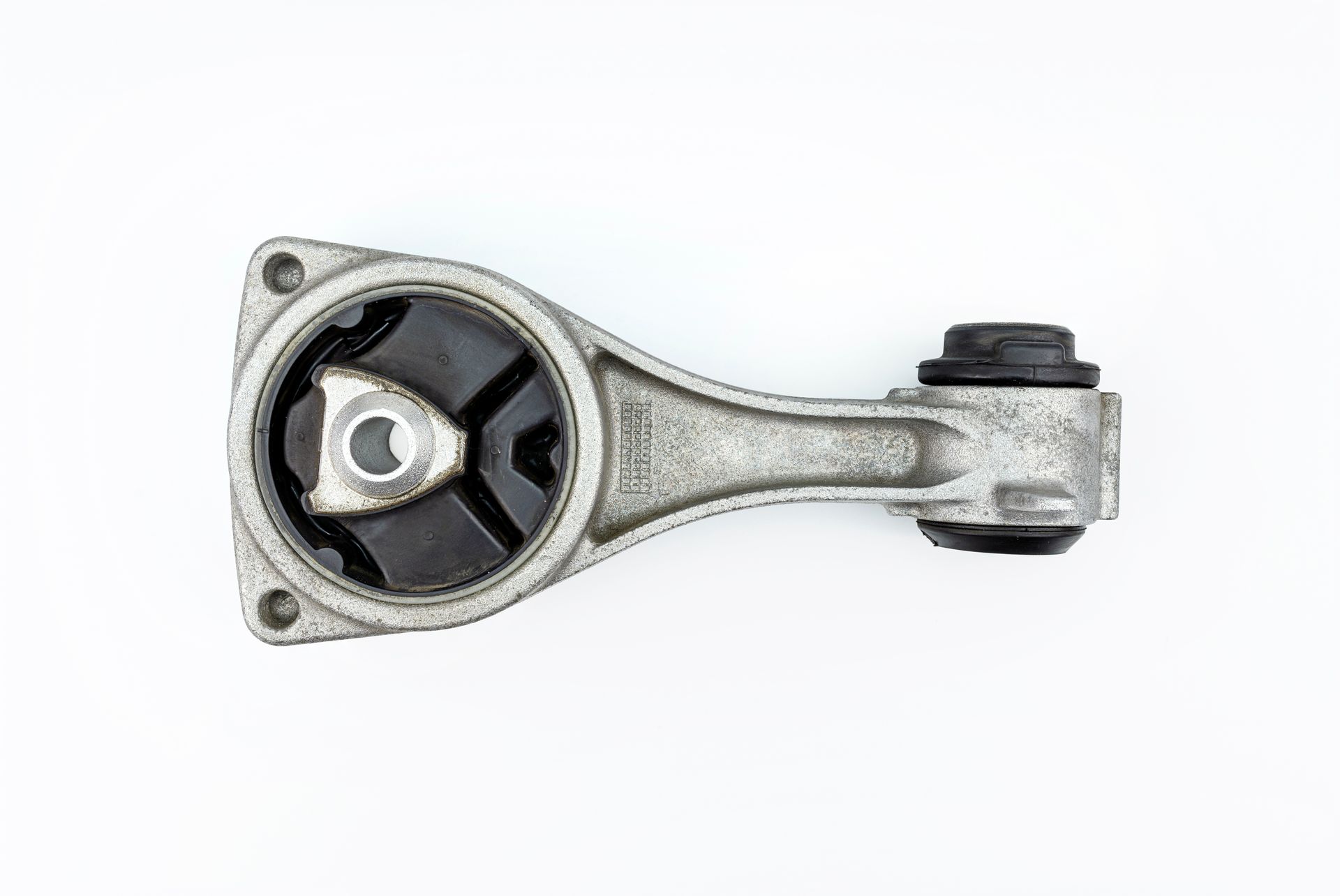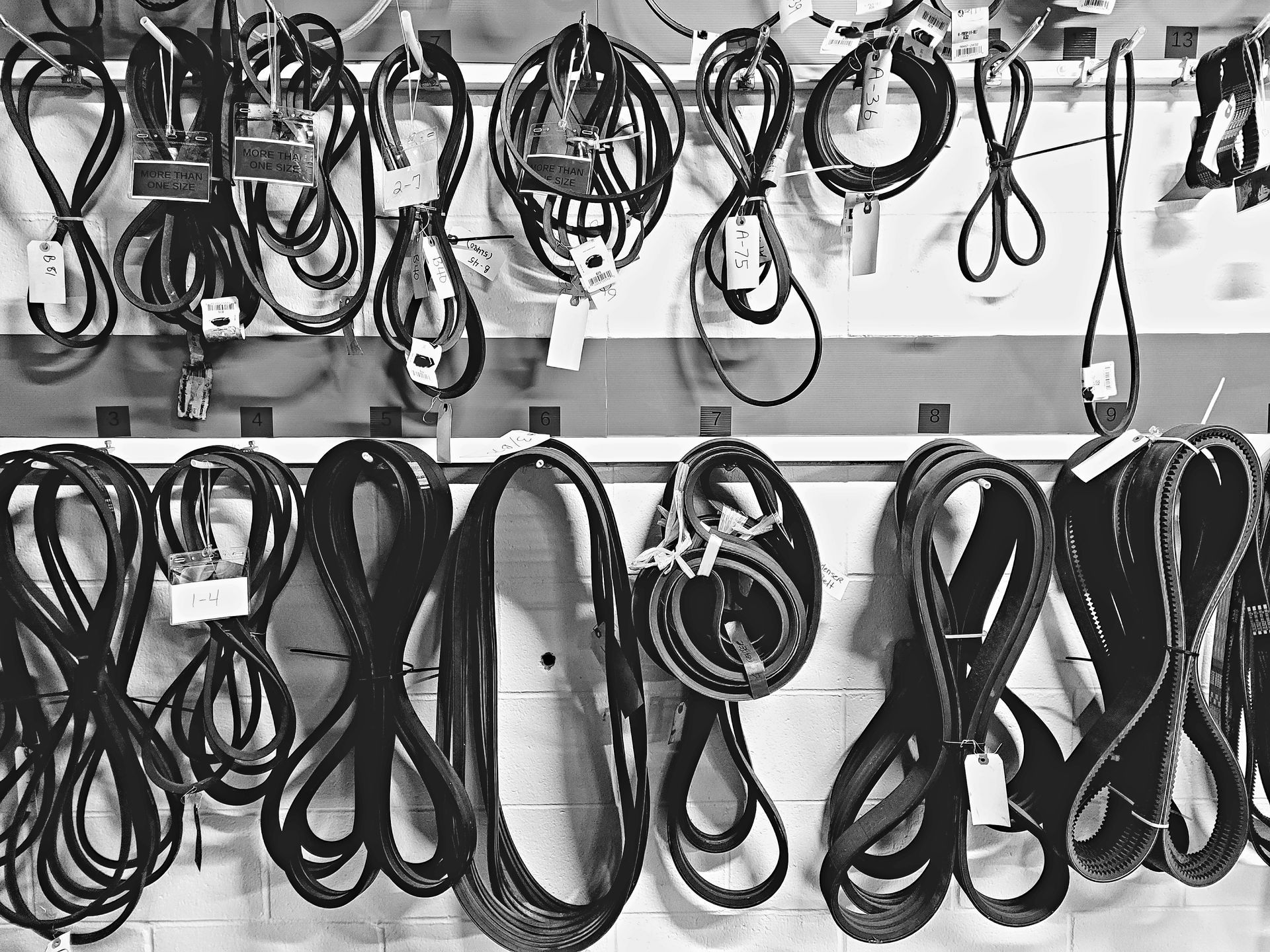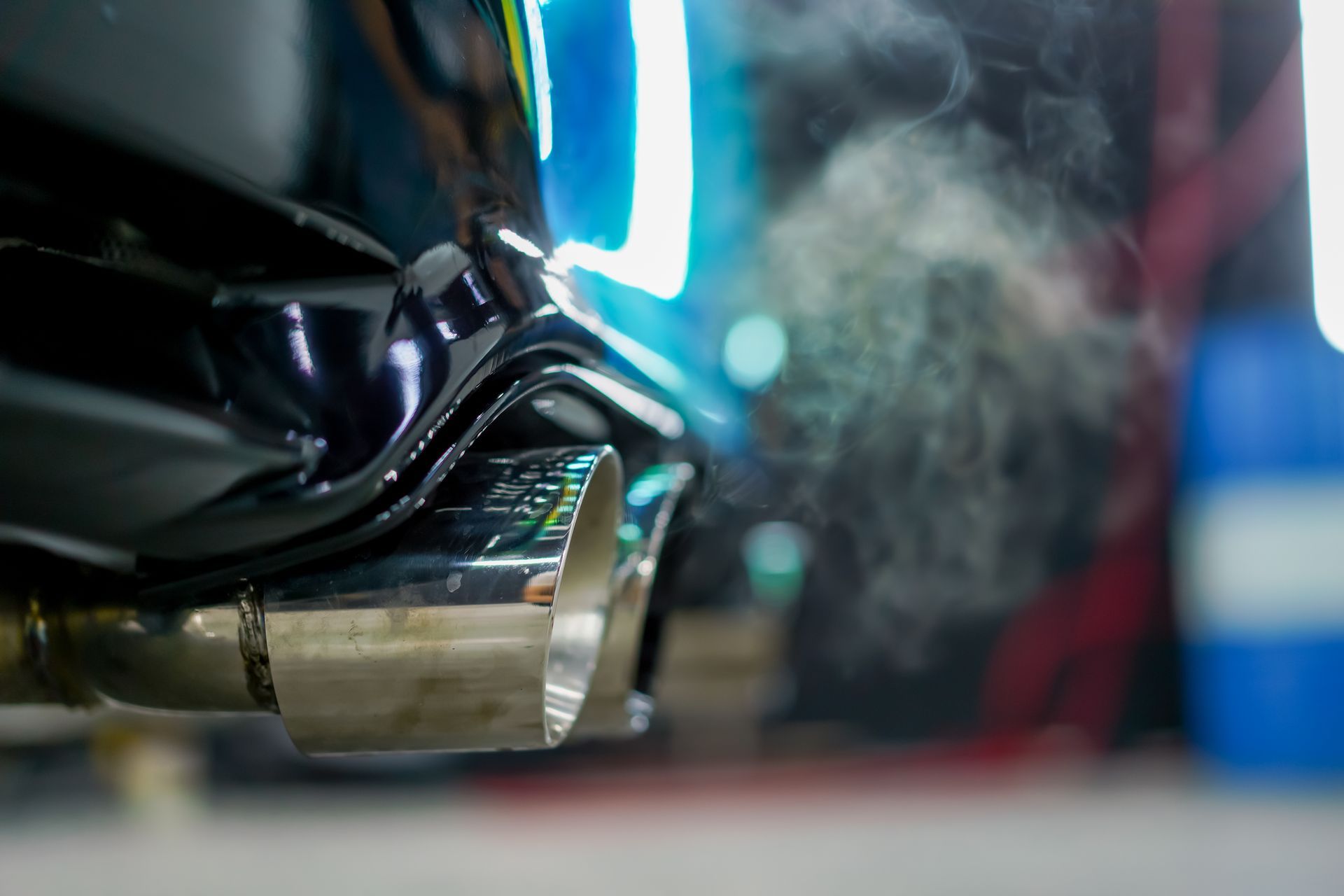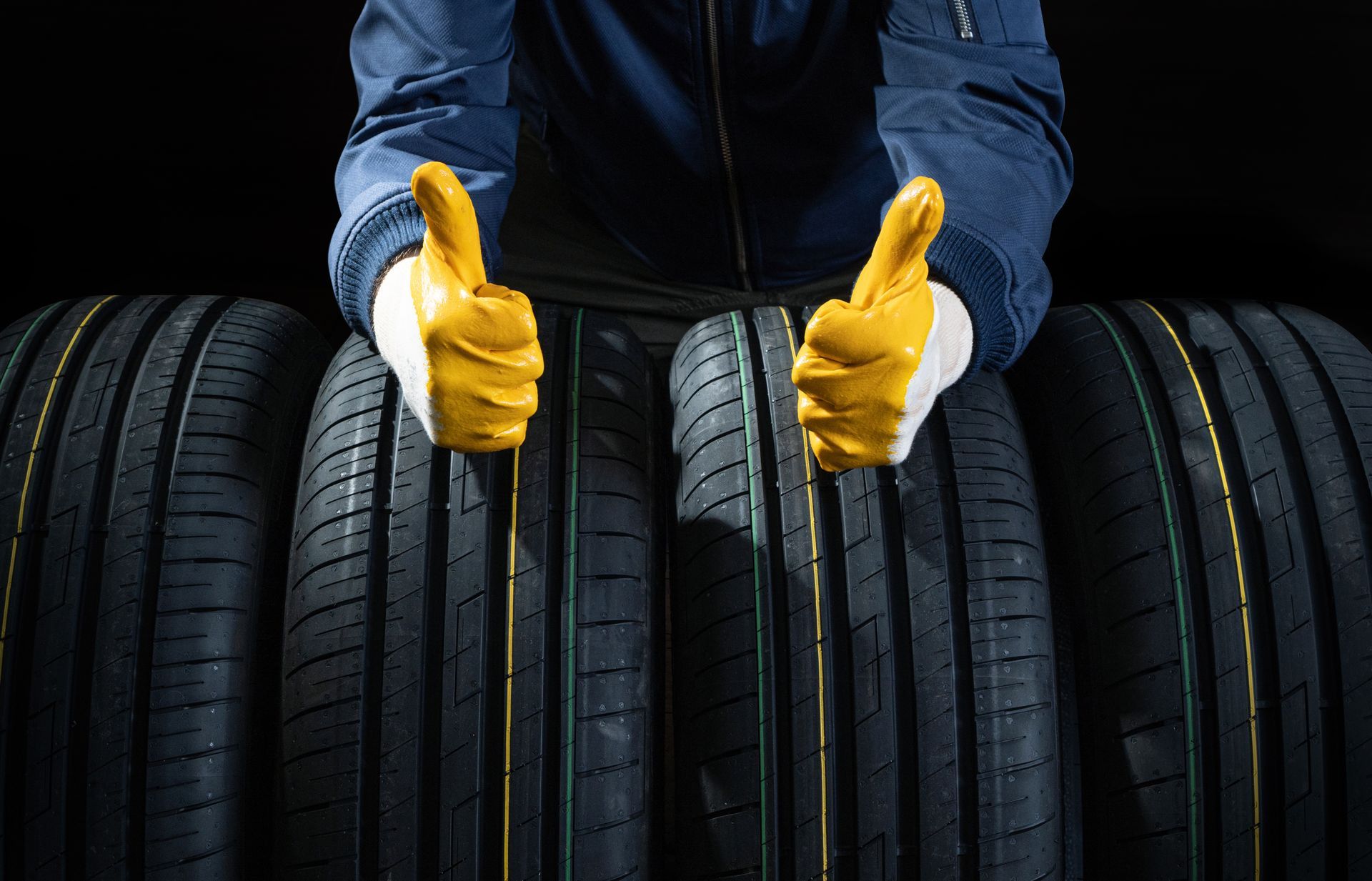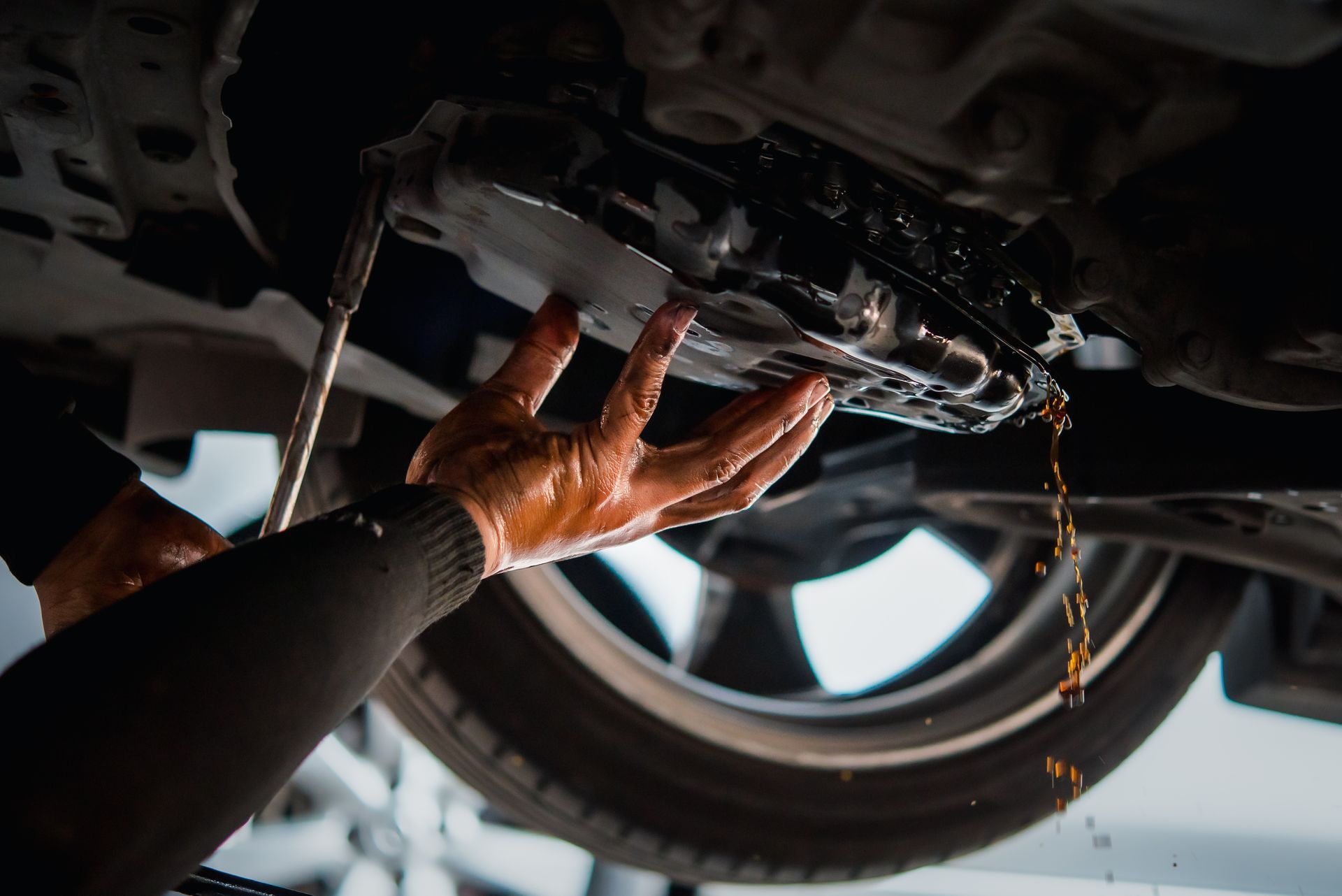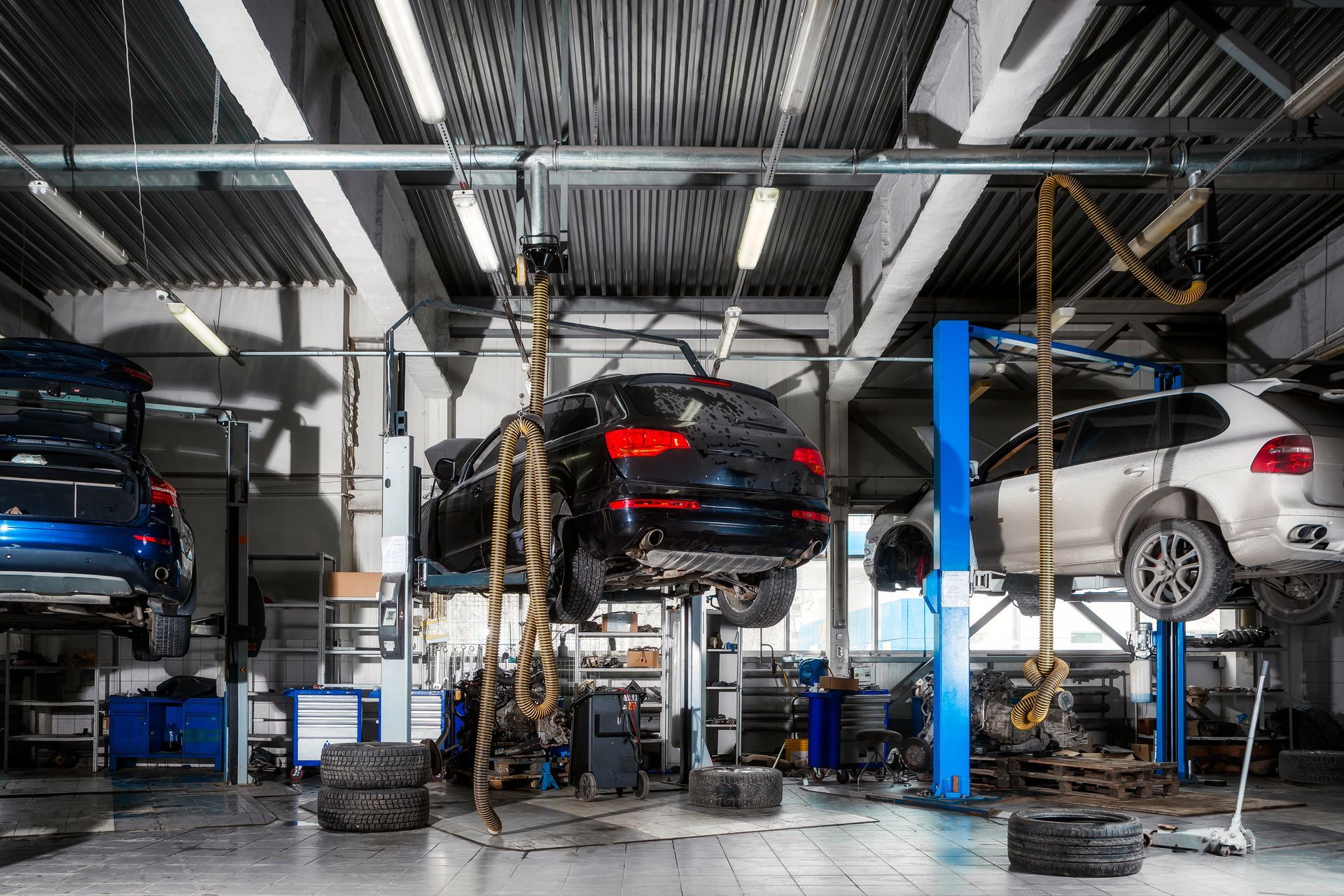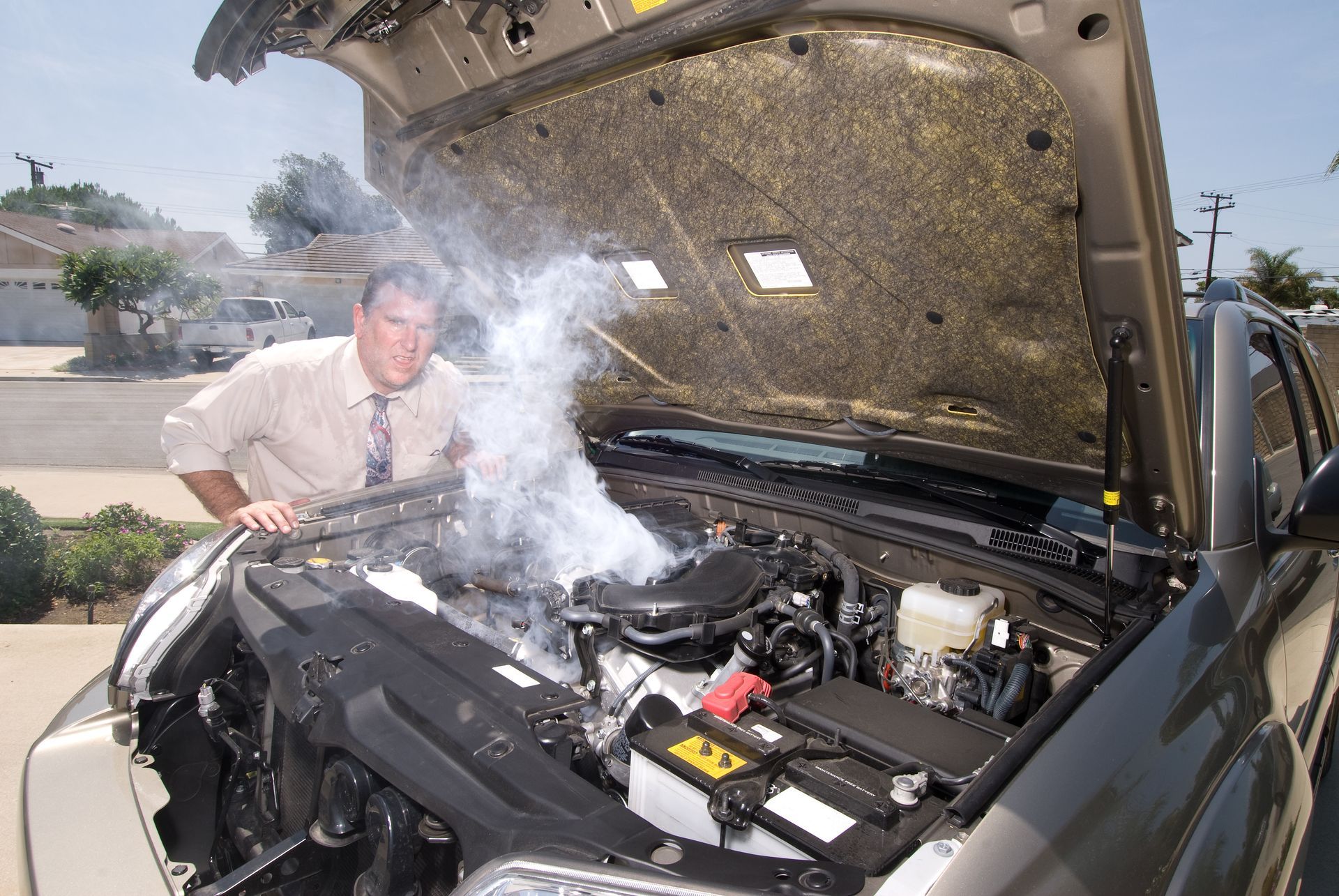Your car’s air conditioning system is supposed to keep you comfortable—but when the AC compressor starts to fail, it can do the opposite. In fact, a seizing compressor doesn’t just mean no cold air—it can lead to expensive repairs or even damage your engine if ignored. So how can you tell if your AC compressor is on its way out, or worse, locking up entirely?
We’ll go over the warning signs of a failing compressor, what causes it to seize, and why quick action matters.
What the Compressor Does In The AC System
The AC compressor is the heart of your vehicle’s air conditioning system. It circulates refrigerant through the system, allowing it to absorb and release heat as it moves between the evaporator and condenser. Without the compressor, the AC system can’t function—and without proper lubrication or refrigerant pressure, the compressor itself can wear out fast.
It’s powered by the engine via a belt, and when it seizes, that can put extra strain on the belt or even prevent the engine from running properly if the compressor pulley locks up entirely.
Early Warning Signs of a Failing Compressor
- Loud clicking or grinding when the AC kicks on
- AC blowing warm air even though the fan is working
- The compressor clutch not engaging (you’ll notice this when the AC doesn’t cycle on and off)
- Visible damage or leakage near the compressor
- Squealing belt noises, especially when starting the car or turning on the AC
If you’re hearing new sounds or feeling like your AC system is straining the engine more than it used to, those are reasons to get the system inspected.
What Happens When the Compressor Seizes
A seized compressor is one that has completely locked up—internally or externally. That means the internal parts are no longer moving, or the pulley is no longer spinning freely. In either case, this causes serious problems.
If the pulley locks while the engine is running, it can cause the serpentine belt to snap or get thrown off. That belt typically powers other vital components like the alternator, power steering pump, and water pump. So a bad compressor can lead to more than just a warm cabin—it can strand you on the side of the road.
A seized compressor can also send metal debris through the AC system, contaminating other components like the condenser and evaporator. If this happens, the entire system often needs to be flushed or replaced—drastically increasing the cost of repairs.
Why Compressors Seize Up in the First Place
Several factors can cause a compressor to fail:
- Lack of lubrication: The compressor relies on oil mixed with the refrigerant. Low refrigerant levels mean less oil, which leads to friction and wear.
- Contaminants: Moisture, debris, or metal particles in the system can cause internal damage over time.
- Overheating: Poor airflow or overuse of the system in extreme heat can cause it to overheat and break down.
- Electrical issues: If the clutch or control relay fails, it can cause the compressor to stay engaged too long or not at all, leading to stress and failure.
Preventive maintenance, like having your AC system checked and recharged as needed, goes a long way toward avoiding compressor problems.
How We Find the Issue
Diagnosing a seizing compressor isn’t just about listening for noise. Our technicians will inspect the clutch and pulley movement, check refrigerant pressures, and test voltage at the compressor. If the clutch is getting power but not engaging—or if the pulley won’t spin freely even with the belt removed—it’s a strong sign the compressor has failed.
If caught early, sometimes just the clutch or pulley can be replaced. But in most cases, a failing compressor will require a full replacement, along with a new receiver/drier and system flush to protect the rest of the components.
808 Automotive – AC System Repairs in Hubbard, OR
Think your compressor might be failing? Don’t wait until it seizes completely.
808 Automotive in Hubbard, OR,
provides expert AC diagnostics and repairs, from refrigerant testing to compressor replacement. We’ll help you keep your cool—and avoid major repair bills down the road.

